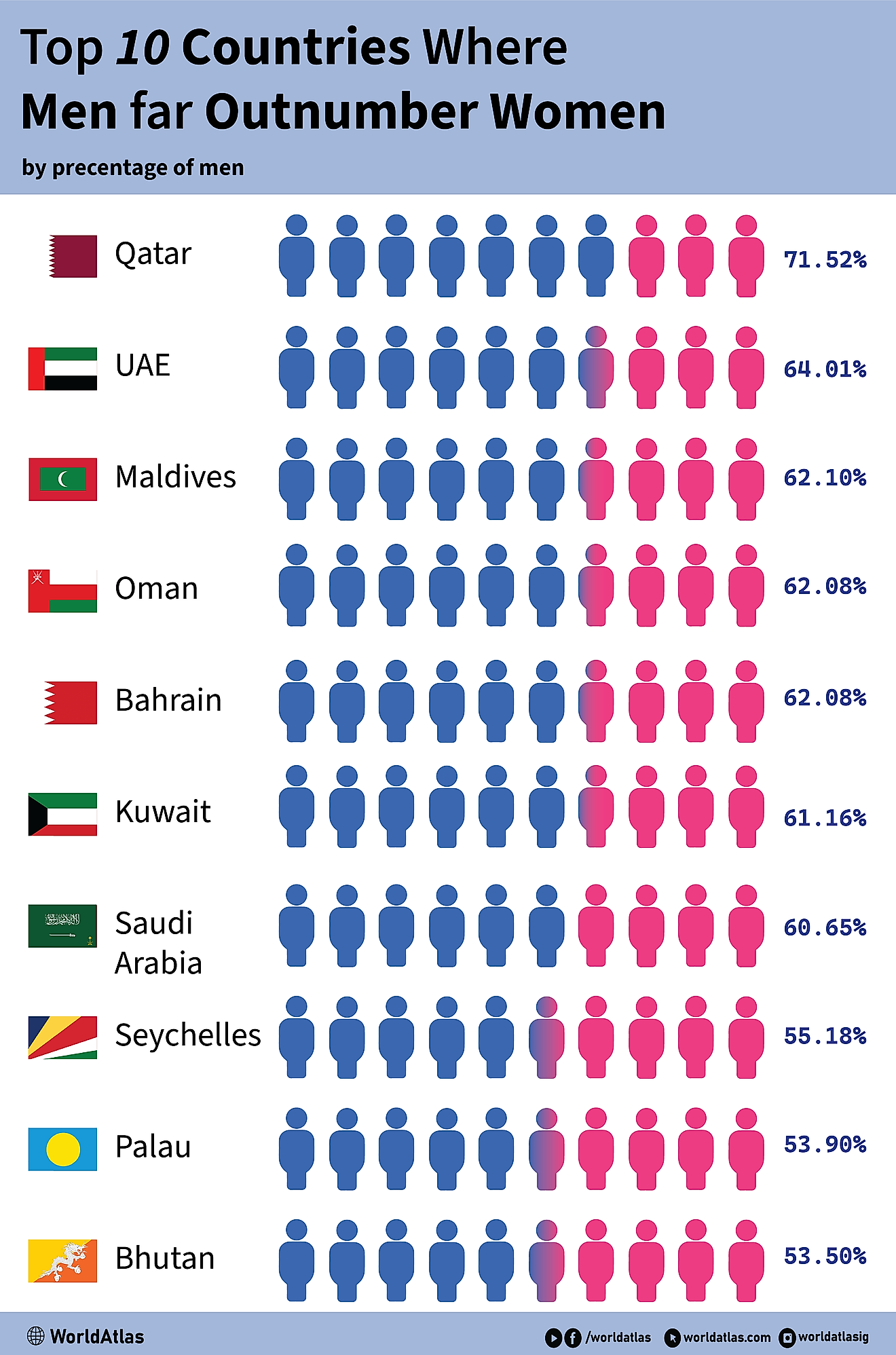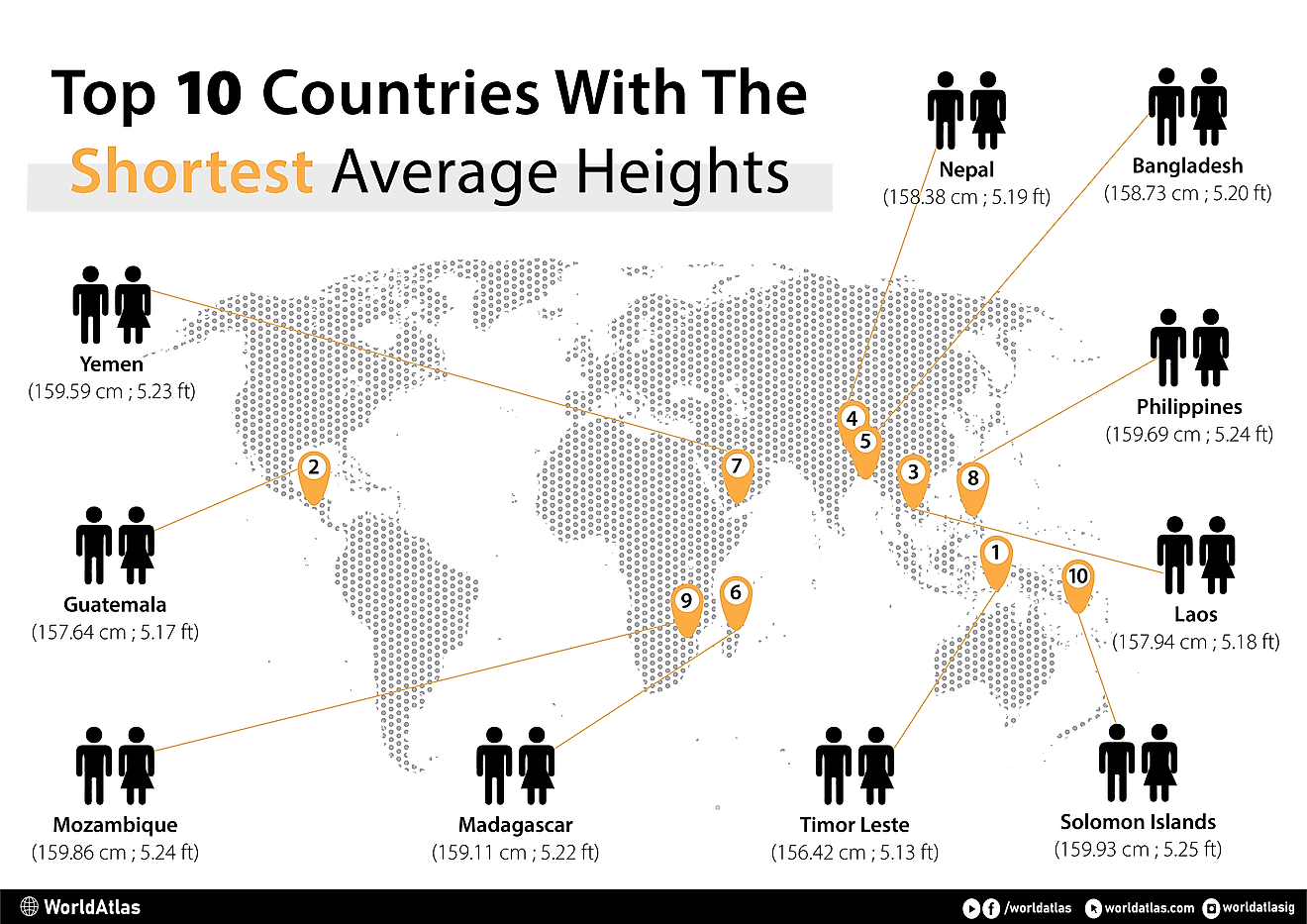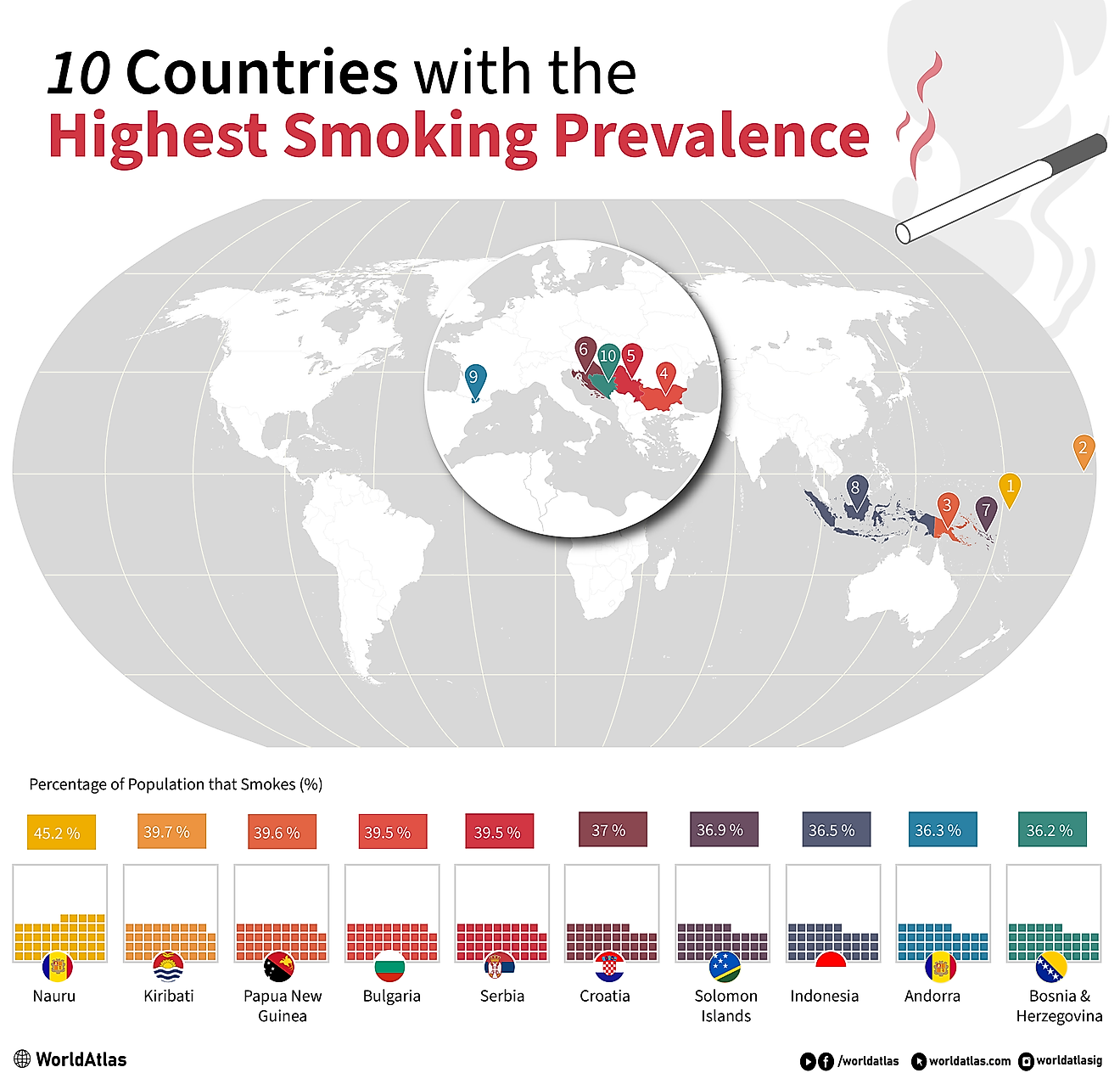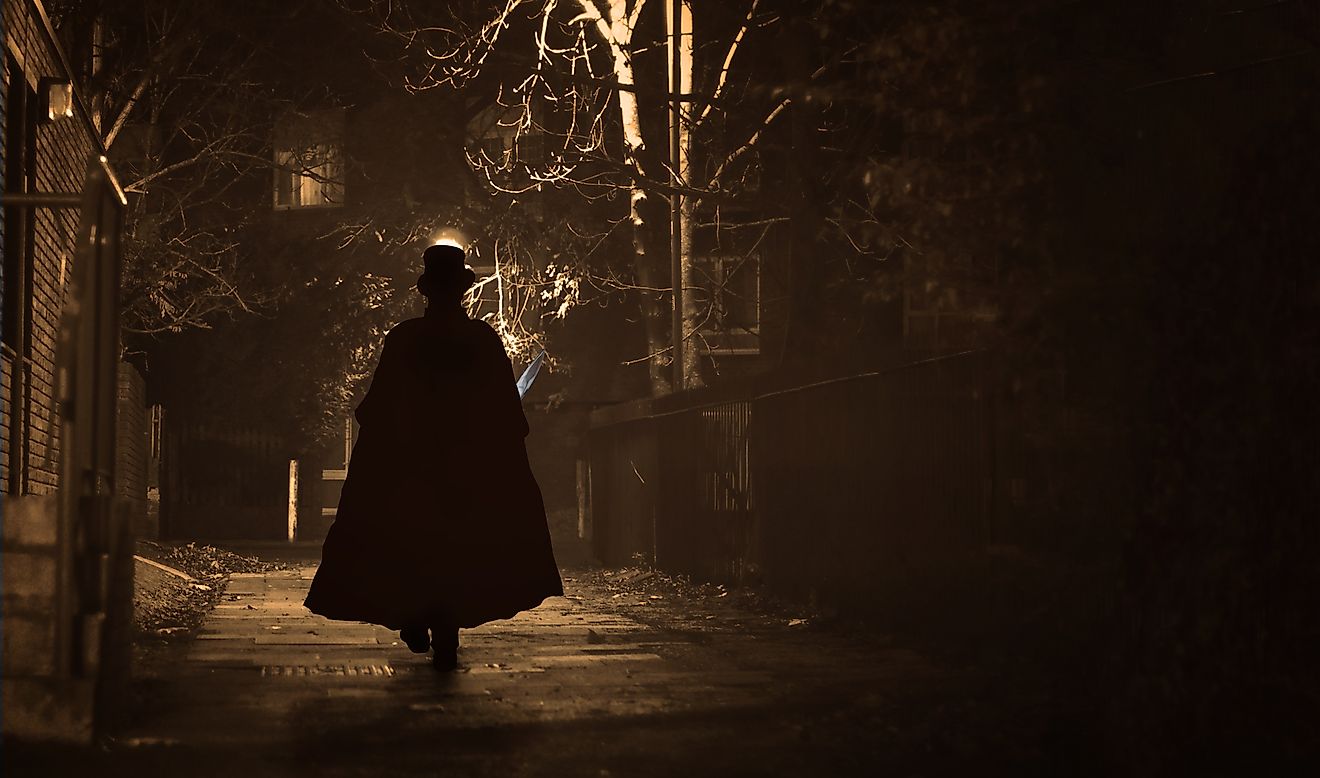Languages Of Fiji
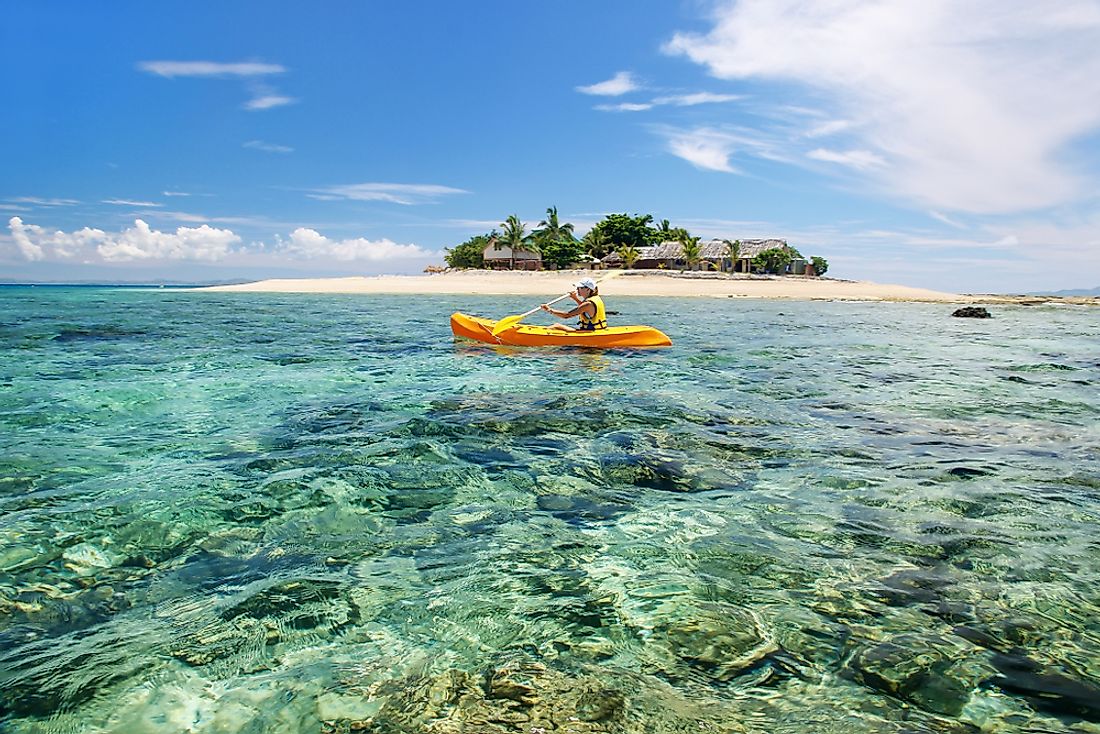
Fiji’s population was nearly homogeneous and made up almost entirely of native Fijians till the 19th century. The indigenous Fijians were of Melanesian and Polynesian descent and spoke languages belonging to the Malayo-Polynesian family of languages, commonly known as the Fijian language. When Fiji came under British colonial rule, contract workers from another British colony, India, were brought to Fiji. The presence of British colonial rule popularized the English language in the country, and the presence of the Indian workers introduced the Indian language, Hindi, to the country.
Official Languages Of Fiji
English
English was first introduced to Fiji by the British explorers and merchants who arrived in this country decades before the establishment of colonial rule in the country. English served as the lingua franca in the country between the British settlers and the indigenous Fijians. Gradually, the language evolved in Fiji throughout the years and a number of “situational varieties” of the language developed in the country. The formal variant or the “Proper” English is used on formal occasions and resembles English spoken in the United Kingdom and Australia. The variant is also popular among the older population of the country who lived during the colonial times. A more laid-back variant of English is spoken during informal occasions, in churches, workplaces, schools, etc. It involves the integration of English with some Hindi or Fijian words and local grammatical innovations. The variant of English is popularly known as Finglish.
Fijian
An Austronesian language, Fijian is spoken by the indigenous inhabitants of Fiji. The language of Fijian has about 300,000 first-language speakers and nearly the same number of second-language speakers. In the past, among the vast repertoire of native languages, the European missionaries chose the Bau dialect, the dominant language of the then politically significant island of Bau, to spread their missionary ideals among the natives of Fiji. Gradually, the Bau dialect became more popular than other Fijian languages and soon became the standard of communication between the natives residing in various parts of Fiji. Bauan was also adopted by the British administration as a means of communication with the indigenous inhabitants of Fiji, and over time, English, Hindi, and other Fijian dialects contributed to the evolution of the Bauan dialect so that it became quite distinct from the original dialect adopted by the missionaries in the past.
Fiji Hindi
As mentioned earlier, the British brought Indian laborers to Fiji during the colonial rule of Britain in India and Fiji. Soon, these laborers started settling down in Fiji, and the language they spoke came to be known as Fijian Hindustani or Fijian Baat. The Indians came from various parts of India and spoke several dialects of Hindi. These dialects together with English, Fijian, and Arabic languages influenced Fijian Hindi.
Minority Languages Of Fiji
There are several minority languages spoken by small sections of the Fijian population. Rotuman is one such language of Fiji. The Austronesian language is spoken by the natives of the island of Rotuna. It has 2000 speakers on the island and 10,000 more distributed in other parts of Fiji. Gujarati, Punjabi, Tamil, and Telugu are some of the other Indian languages spoken by the different sections of Indians at home. Mandarin Chinese and Cantonese Chinese are two of the growing languages in Fiji which are spoken by Chinese immigrants in the country. Other Micronesian and Polynesian languages like the Banaban, Tuvaluan, Tongan are spoken by small sections of the Fijian population.



